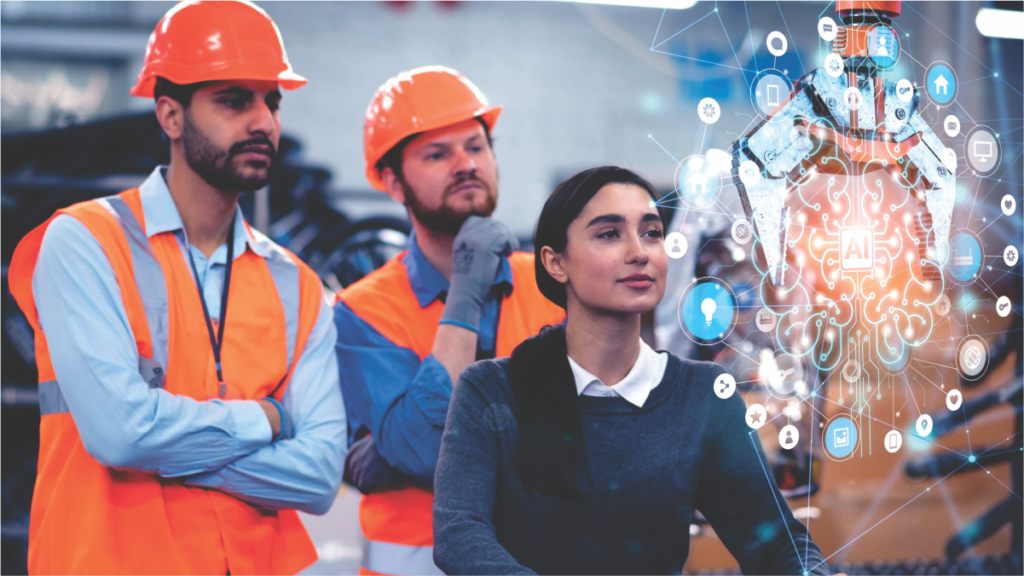In the past decade, the evolution of education has become increasingly apparent, marking the dawn of a new era. The learning landscape has experienced a profound transformation, particularly in the wake of the COVID-19 pandemic. This shift has been driven by technological advancements and the ever-evolving demands of various industries. In a quest for transformation, educators and mentors find themselves at a crucial juncture. They should be proud of the progress they have achieved, yet also acknowledge the pressing need for continued innovation in their efforts to equip the engineers of the future.
Beyond Internships: The Need for Practical Engagement
Internships have long been a cornerstone of experiential learning, providing students with a glimpse into the real-world application of their academic knowledge. However, it’s time to expand our vision beyond traditional internships. Students should be encouraged to actively engage in hands-on projects, industry collaborations, and problem-solving initiatives. This practical exposure not only enhances their technical skills but also instils a problem-solving mindset crucial for success in the professional world. Encouraging students to specialize in areas aligned with their interests and strengths is the next logical step. For instance, a student with an excellent command in English, could explore proficiency in foreign languages such as French, German, or Japanese. By doing so, they not only enhance their cultural acumen but also carve a unique niche for themselves, competing with a select few rather than being lost in the sea of thousands.
The Intersection of Fields: Embracing a Multidisciplinary Approach
In an era where interdisciplinary knowledge is increasingly becoming the norm, it is essential for students to broaden their skill sets. We must recognize the symbiotic relationship between various engineering disciplines and emerging technologies. An aspiring automobile engineer, for instance, should not only excel in the traditional aspects of their field but also embrace the latest trends such as Artificial Intelligence (AI) and Machine Learning (ML). Universities should provide platforms for students to upgrade their skills, ensuring they are well-versed in the technologies that are shaping the future of their chosen industries. This multidisciplinary approach not only enhances their employability but also equips them to navigate the complex challenges of the modern workplace.
Creating Platforms for Talent Development.
Colleges and universities play a pivotal role in shaping the future of their students. As custodians of education, it is our responsibility to create platforms that empower students to explore their interests and develop additional talents. Introducing tools like baskets for students to pick and choose their area of interest and set of skill sets alongside their branch curriculum enhances the educational experience. Whether through dedicated research centers, innovation labs, or industry partnerships, universities and colleges should be more than just repositories of knowledge; they should be dynamic hubs fostering creativity, innovation, and individuality. Providing students with the resources and mentorship to pursue their passions alongside their academic pursuits ensures a holistic development that goes beyond the traditional classroom setting.
The transformation of education in the past decade has been remarkable, but the journey is far from over. We, as educators, must champion a more personalized and practical approach, encouraging students to specialize and embrace multidisciplinarity. By creating platforms that foster talent development, we not only prepare our students for the challenges of the future but also contribute to a society where innovation and individuality thrive. It is time to go beyond the ordinary and embark on a journey of continuous evolution in engineering education.


